Home \ Knowledge Hub \ Opinion \ When Experience Meets Creative Minds – Innovation and Learning on the Ground


01 May 2019
When Experience Meets Creative Minds – Innovation and Learning on the Ground
SHARE

ALASDAIR KING
Executive Director, International Veterinary Health
We pack in a lot of travelling over the year. As well as visiting countries to give advice and guidance on vaccination campaigns and implementation, we also attend conferences and meetings so that we can stay up to date. Transboundary and emerging diseases are constantly, and rapidly, changing, so it is essential that we have knowledge that is current and relevant.
Transboundary and emerging disease are constantly and rapidly changing, so it is essential that our knowledge is current and relevant. It drives our engagement with the community to understand local situation and we grab the opportunity for rapid learning on the ground.
Two meetings at the beginning of the year really exemplified what we try to do. They were so different, yet both had an impact on what we do and how we can advise others. Both John Atkinson (Intergovernmental Veterinary Health) and myself went to Cornell University to participate in their Animal Health Hackathon, while John went to Uganda on a European Commission for the Control of Foot-and-Mouth Disease (EuFMD) FMD field training course.
Cornel Animal Health Hackathon:
Many of you may not even know what a hackathon is. Originally starting with computer programmers, the idea is to have a short but intense event where people collaborate over challenges. In the case of the Animal Health Hackathon, students from Cornell and other colleges were brought together for a weekend at Cornell’s eHub. They were tempted in by the offer of free food and drink over the weekend, along with credits towards their courses. It wasn’t just students from the animal health field, but also bioengineers, marketers, entrepreneurs, and many others. They could choose from various challenges from real-world situations to “hack.” We supplied three challenges: improving disease surveillance for FMD, developing a world vaccine bank, and improving rabies vaccination rates of feral dogs. In addition to John, Jennifer Goldstein (Market Intelligence and Business Strategy), and myself, we brought along Mission Rabies and the Centers for Disease Control and Prevention (CDC) as additional mentors. Over the weekend we worked with all the students, not just those choosing our challenges, and helped them develop innovative approaches to problems using their knowledge of new technologies married to our knowledge of life in the field.
FMD Real-Time Training in Uganda:
The EuFMD FMD Real-Time Training takes participants out of the schoolroom and into the field to see FMD first hand. It is an opportunity to gain experience in diagnosis and investigation of FMD outbreaks, including managing real-world situations where information and facilities may be limited. As well as the pressure of dealing with a real outbreak, it also brings home the importance and difficulty of things like biosecurity and teaches the need to adapt to rapidly changing situations. Working together with people you’ve only just met, assessing the field situation, trying to track the disease spread, and the initial start of the outbreak, all provide rapid learning opportunities.
Innovation to eliminate diseases
Why am I focusing on these two experiences when I could be talking about meetings on rabies, a High Quality Pork meeting talking about current strain evolvement in FMD, tuberculin planning, country visits, or others? Those others are our “normal,” absolutely essential but within our comfort box. The hackathon and the real-time training delivered something else.
Despite progress in medicine, bacteria and viruses remain ahead. We need innovation. We need tools to crack disease barriers. It is key to ultimate eradication of diseases.
We believe that innovation is key, and is a critical factor in the ultimate eradication of diseases. It is striking that, as yet, humankind has eradicated only two diseases—smallpox and rinderpest. Despite all the progress made in medicine, bacteria and viruses remain ahead. We need innovation. We need to understand new technologies, the new opportunities offered by augmented reality, and computational tools that can crack disease barriers. We get these by sharing our field knowledge built over years of experience with the students at college who have the knowledge of what science can now offer. The hackathon was about that. It was not about finding a commercial opportunity but about both teaching and learning from the future vets and doctors so we can implement technologies now.
We also believe that we are a part of the community working to defeat these diseases. To be part of a community is to engage. If we want to bring about change then we have to understand the situation as it is on the ground. We have to recognize different cultures, different farming practices, and different priorities. We have to build the solutions around that understanding, not try to force our experiences and culture into scenarios where they just can’t work. Going on real-time training was a part of that, making our knowledge more relevant, and making our support stronger for you.
We are incredibly lucky to get to travel and to see so much. We appreciate and enjoy the opportunities that gives us. But we never lose sight of the reason why. Ultimately the aim is to improve both human and animal lives.
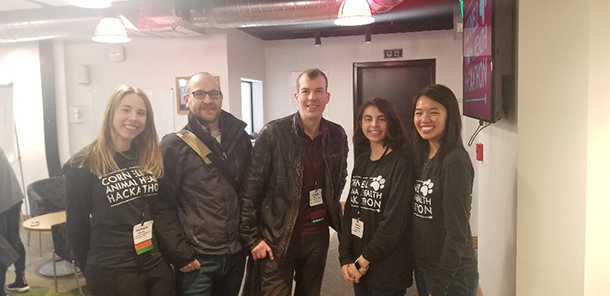
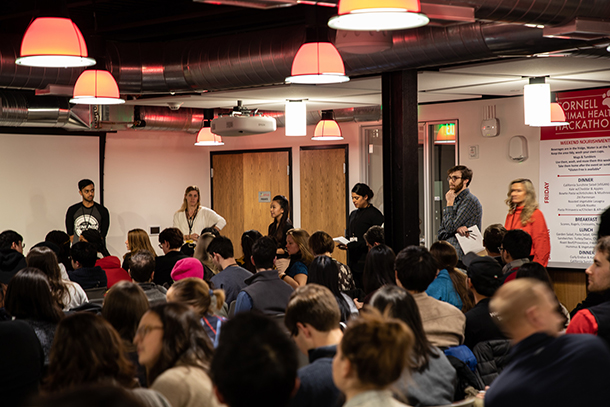
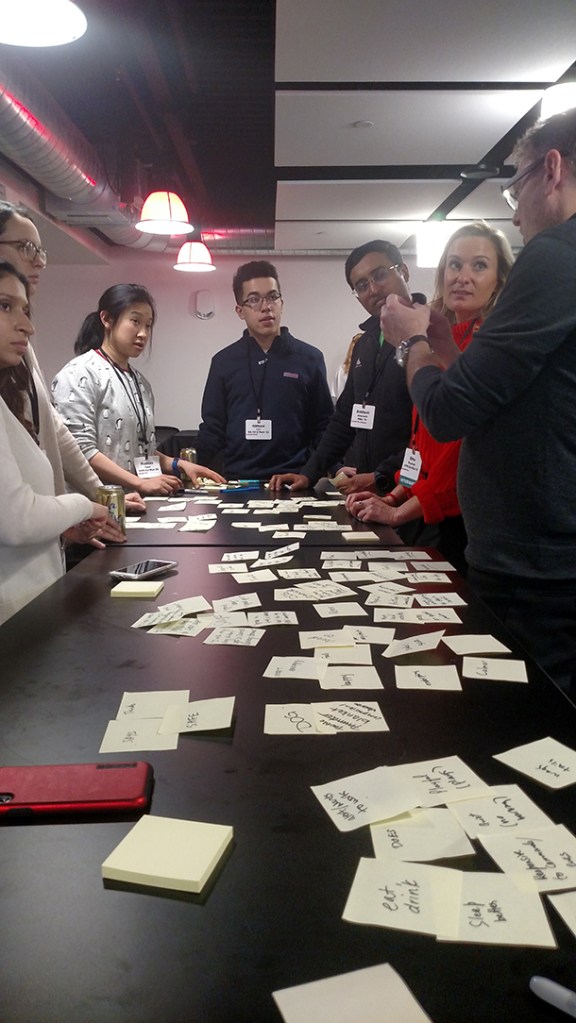
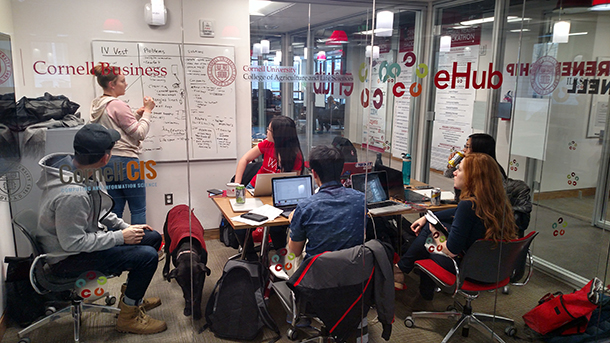
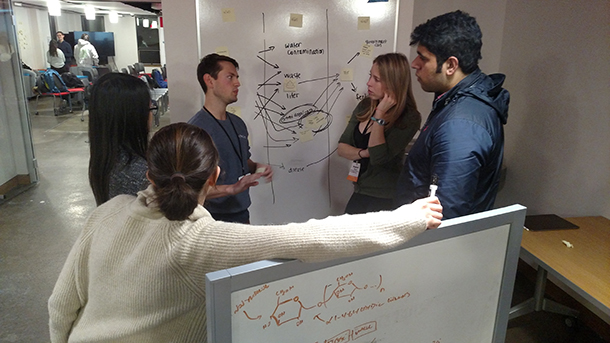

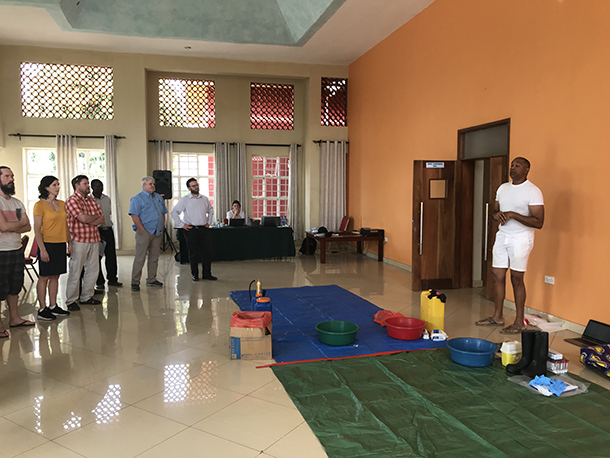
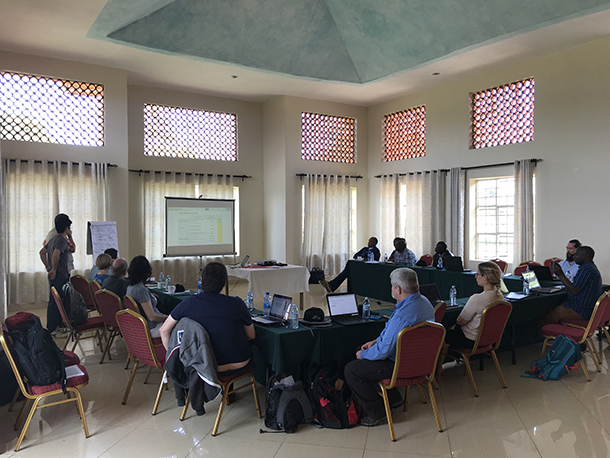
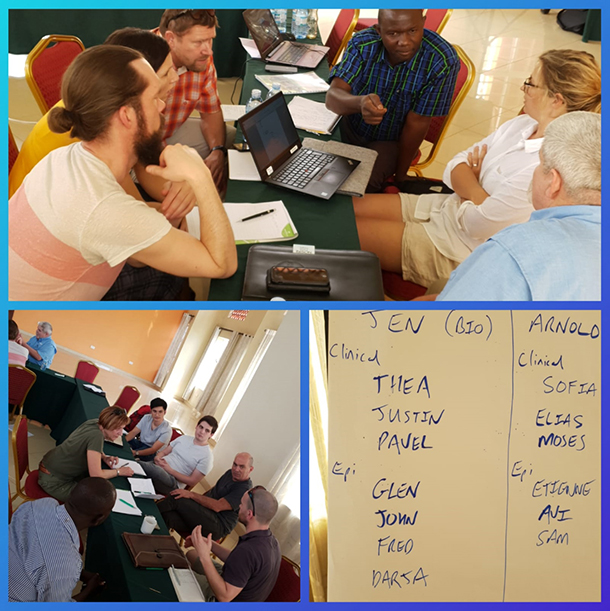
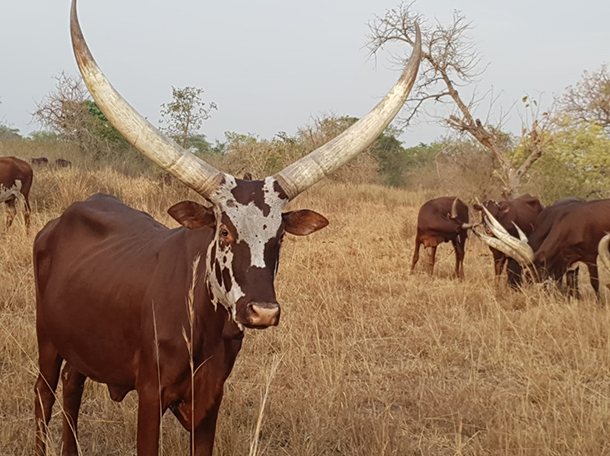
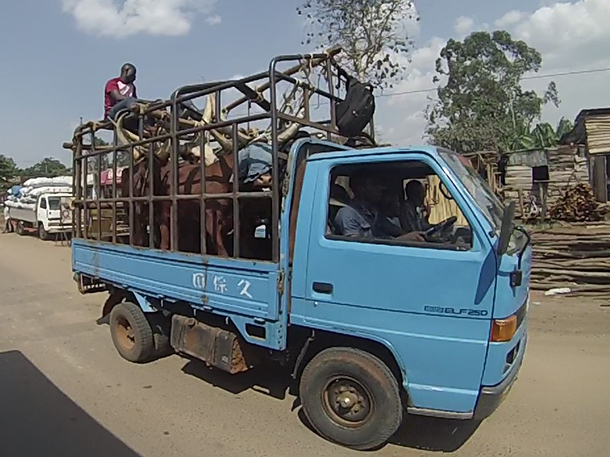

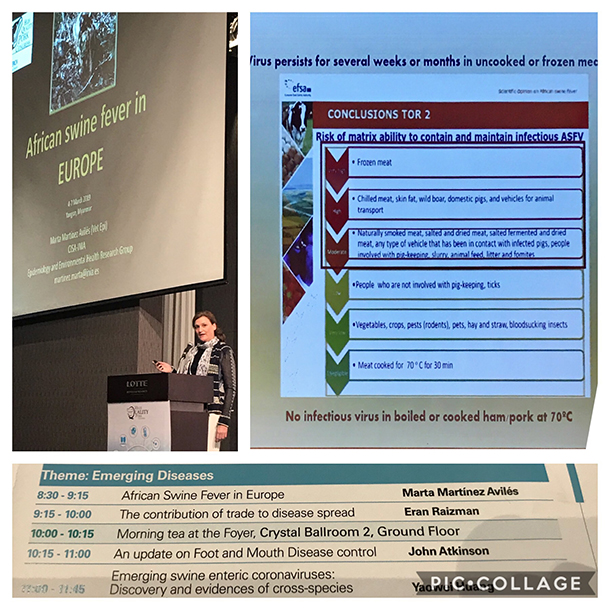
ALASDAIR KING
Executive Director, International Veterinary Health

